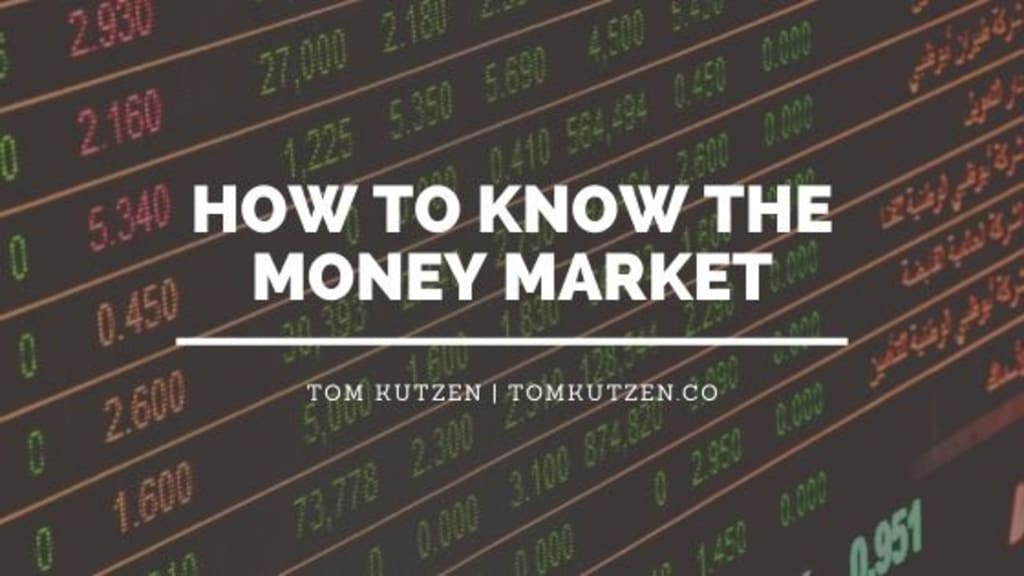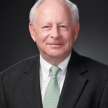How to Know the Money Market
Tom Kutzen | Greenwich, CT

The money market is a marketplace where banks, credit unions, and other financial institutions trade their excess cash. The term “excess cash” refers to a financial institution’s cash.
Know the pros of investing in the money market
The money market is a very liquid market, which means many buyers and sellers with stable and reliable rates. If a financial institution wants to sell cash, many willing buyers are looking to buy that cash. However, if that same financial institution wants to borrow money, many willing lenders are looking to lend that cash.
Identifying the risks of investing in the money market
To help investors identify the risks and manage their investments, the Federal Reserve publishes regular money market statistics and guidance on money market risks.
Among the most crucial money market statistics are the following:
- Total cash held by U.S. depository institutions – The number of cash banks have on hand to lend to other financial institutions or to make daily financial obligations
- Total cash held by non-financial companies and by households – The amount of cash these types of companies and individuals have on hand that they can lend to other financial institutions or make daily financial obligations
- Daily balances – The amount in cash that financial institutions make daily financial obligations with
- Annualized turnover rate – The percentage of the daily balances that are transferred from one financial institution to another
- Open-market operations and repurchase agreements – Open-market operations are when the Federal Reserve buys or sells securities to control the amount of money in the economy or manage interest rates such as the federal funds rate. Repurchase agreements are loans that allow the Federal Reserve to manage its cash.
Ways to invest in the money market
There are various methods to invest in the money market, including a bank or credit union savings account, a money market mutual fund, or a Treasury bill. Most financial institutions that provide money market products will not lend money directly. Instead, they will give investors a safe, government-backed short-term debt called a bill or a bond. As a bill or bondholder, investors are not lending money. Instead, they are getting a particular type of short-term debt that the Federal Reserve already holds. This type of debt is called “open-market operations and repurchase agreements.”
The money market is an excellent place for short-term or liquid assets investments. However, investors should choose the right type of investment fund and make sure it is suitable for their investment needs.
ABOUT TOM KUTZEN
In 2021, Tom Kutzen launched TKSmartWorth.com, a site where visitors can receive up-to-the-minute information, highly informed insight about the capital markets, insight on financial literacy and finance issues, and more. Developed as an educational tool for general audiences to strengthen their financial literacy and build their own knowledge, it’s neither linked with any brokerage firm, financial institution, or bank nor is it designed to offer specific financial advice. Tom additionally has spent more than two decades managing his own capital management firm in Connecticut.
Tom Kutzen has also been involved with Oberlin College for more than a decade in a professional capacity. From 2010 to 2015, he served as Chairman of the Oberlin Investment Committee, where he worked to revise the College portfolio, developed tools to manage risk while improving financial results.
Before his current positions, Tom Kutzen worked as the Vice President for Lane Capital for four years, trading and managing portfolios. Prior to that role, He worked with Merrill Lynch as the Vice President of Merrill Lynch Fixed Income, where he managed the risk-controlled arbitrage group for two years; before that, he was Vice President of Morgan Stanley for a year. Tom also traded options and mortgages as the Vice President of Greenwich Capital Markets, and he got his professional start at Chase in 1980. Across his six years at Chase, Tom served as the Assistant Vice President of Commercial Paper, Treasurer for the Seoul Korea Branch, and Assistant Treasurer for Money Markets. During his time with the business, Tom enabled the first Puerto Rican public housing bond insurance.
About the Creator
Tom Kutzen
Based in Greenwich, Connecticut, Tom Kutzen is the founder of TKSmartWorth and a skilled financial service professional with more than 30 years of experience managing banks and portfolios, working in various markets, and developing products






Comments
There are no comments for this story
Be the first to respond and start the conversation.